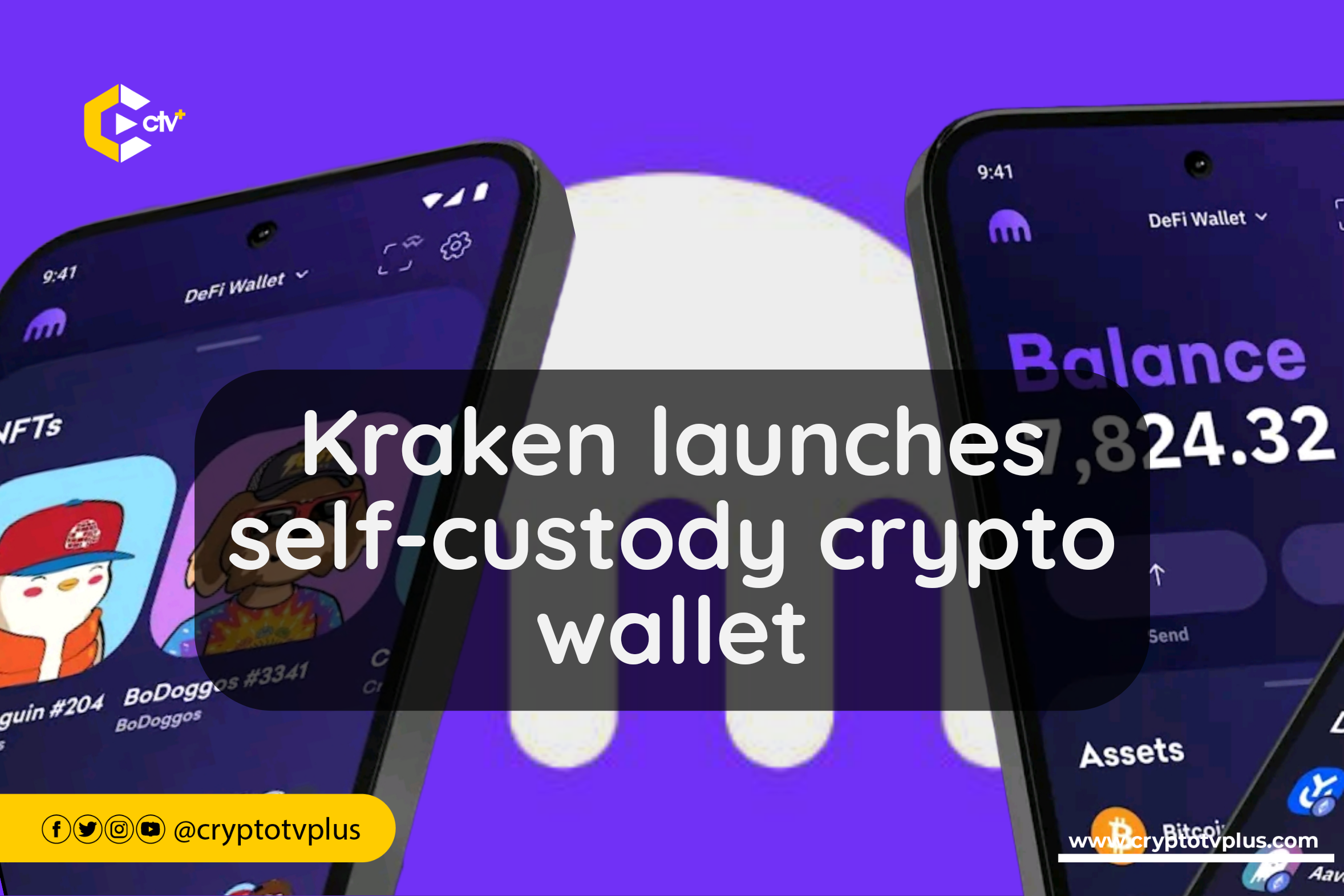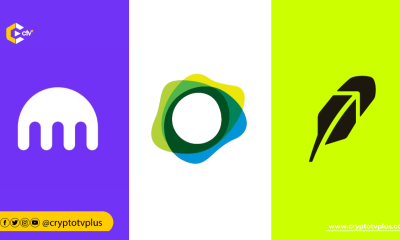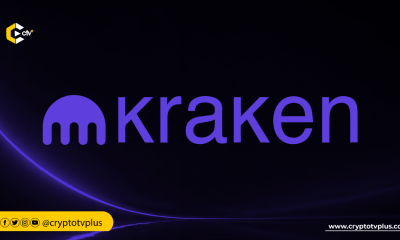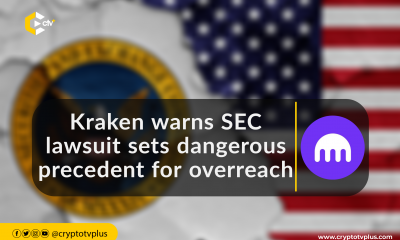News
Kraken launches self-custody crypto wallet

Kraken plans to offer a broad selection of supported coins, tokens, NFTs, and DeFi assets, covering eight blockchains in its initial phase.
Following other platforms like Binance, OKX, Coinbase, Bitget, and Bybit, Kraken has launched its self-custody wallet for digital assets.
“Whether you’re a Kraken client or not, you can use multichain Kraken Wallet as your bridge to the decentralized financial system,” the exchange wrote.
Currently, Kraken Wallet supports assets from eight blockchains, including Bitcoin, Ethereum, Solana, Optimism, Base, Arbitrum, Polygon, and Dogecoin.
Kraken asserts that its app collects only the essential data necessary for wallet functionality, ensuring minimal data collection. Additionally, they emphasize that they do not gather any internal app performance analytics.
The company also stated:
“User activity is proxied through Kraken’s infrastructure, shielding your IP address and preventing your identity and location information from potential external exposure.”
To improve security, the wallet incorporates mobile biometrics and user password protection, Trail of Bits audited the app’s code for additional reassurance. Additionally, the app’s code is open-source and accessible on GitHub.
In terms of functionality, Kraken Wallet facilitates the management of decentralized finance tokens and non-fungible tokens. It also enables interaction with decentralized applications via Wallet Connect. Additionally, the wallet boasts “24/7/365” customer support for user assistance.
“Kraken Wallet is how we invest in your keys, your crypto ecosystem which is vital for the existence of permissionless financial access,” said Eric Kuhn, product director for Kraken Wallet, in a statement.
Amidst a global tightening of regulations on exchanges, exchanges are increasingly venturing into the self-custody wallet sector.
In an unsettling trend, Kraken, a major player in the crypto exchange arena, recently announced the discontinuation of Monero support for its customers based in Ireland and Belgium, marking another blow to the privacy-centric coin. This decision, which took effect on April 11th, echoes the exchange’s earlier move to sever ties with several stablecoins, including Tether and Dai, for its Canadian user base in October last year.
Self-custody wallets often operate under different regulatory frameworks compared to exchanges, particularly in jurisdictions where they are not considered money transmitters. This distinction arises from their lack of involvement in fiat currency transactions.
The European Parliament made a decisive move on March 19th to eliminate the 1,000 euro ($1,080) cap on cryptocurrency payments made via self-hosted wallets as part of the continent’s broadening Anti-Money Laundering (AML) framework.
Likewise, U.S. District Judge Katherine Failla concluded on March 28 that Coinbase Wallet did not meet the criteria to be classified as a broker under the regulations of the Securities and Exchange Commission, thus exempting it from brokerage rules.
Read also: Sora Ventures & Metaplanet partner for ‘Asia’s Microstrategy’ pre-bitcoin halving
























